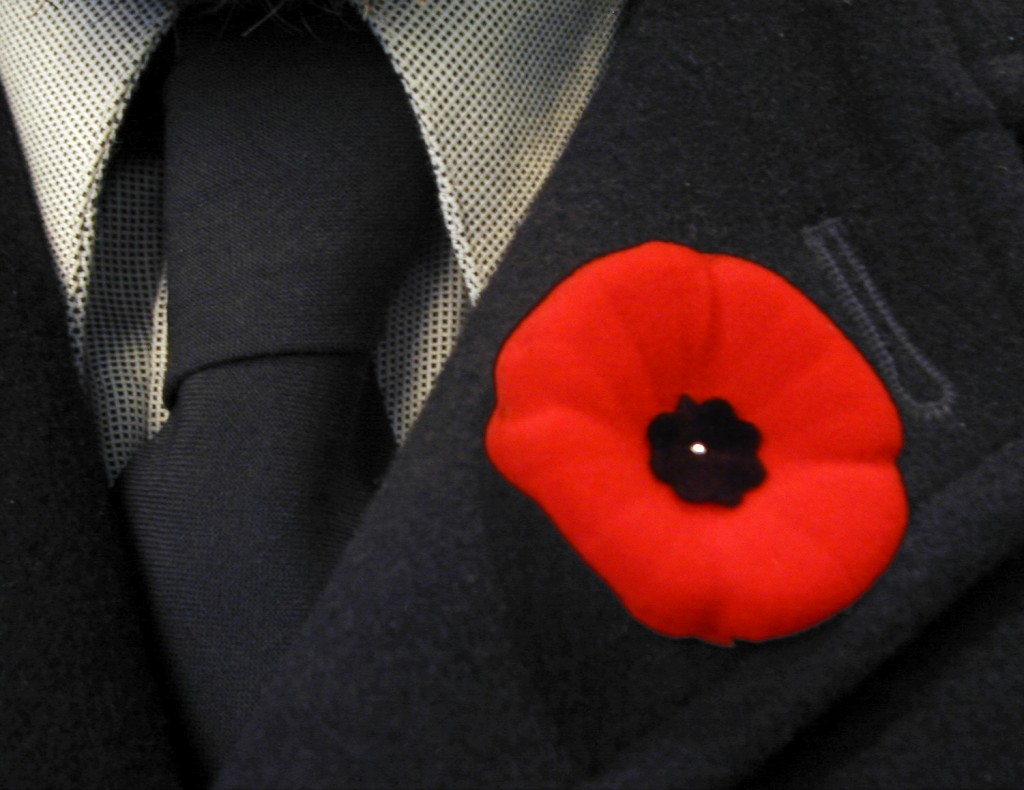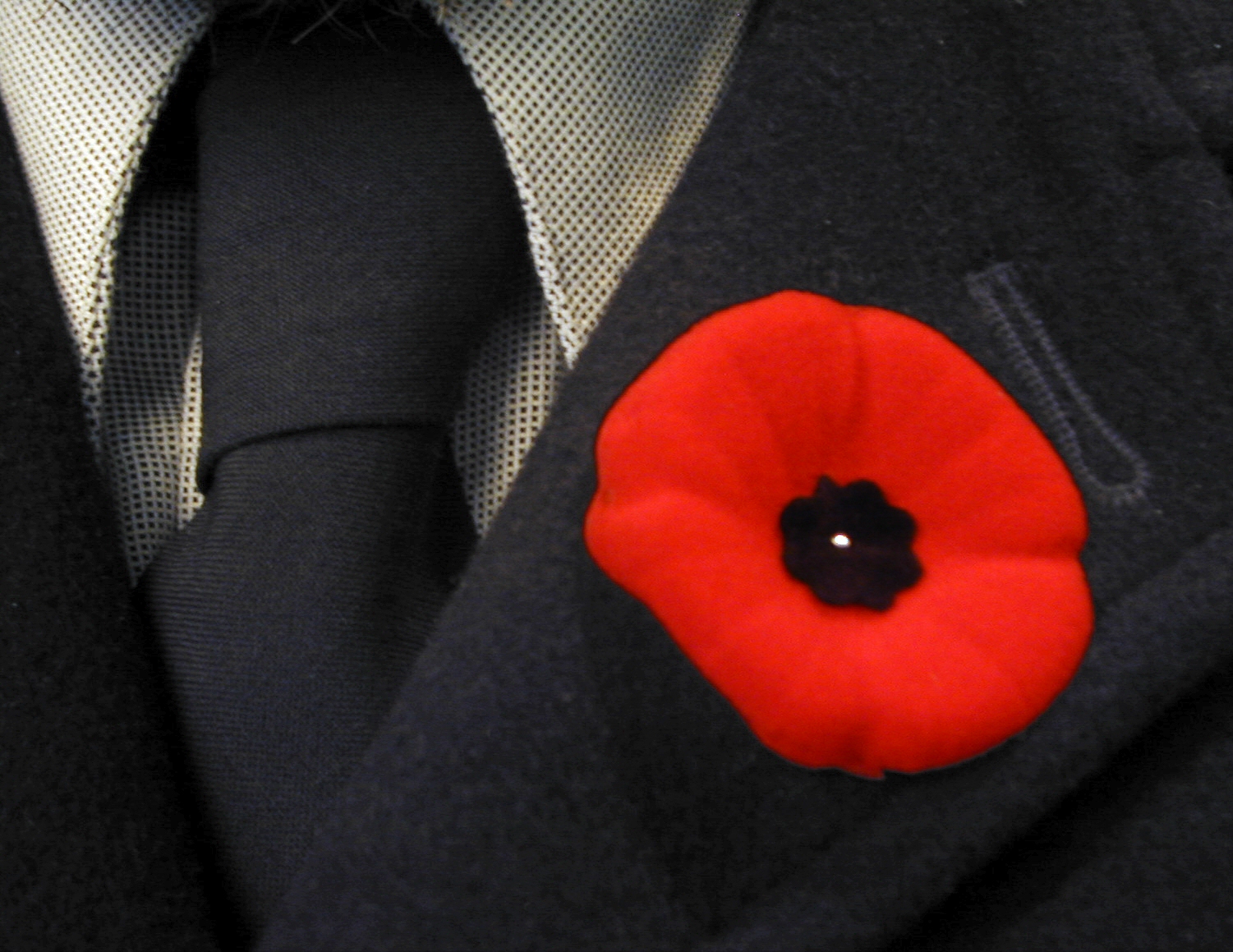Print Edition: November 13, 2013

The morning after Halloween, half-smashed pumpkins litter the streets, tired kids rip into pillow cases full of candy, and Canadian retailers start playing Christmas music. Whether this trend makes you groan or fills your heart with holiday cheer, the presence of this music represents a much larger issue in Canadian society – the trampling of Remembrance Day.
Playing Christmas music so early in November distracts from the reverence that used to be associated with remembrance. Instead of Remembrance Day (and the weeks leading up to it) being solely about honouring the men and women who fought and died for our freedom, these soldiers now have to compete with songs about Santa Claus and candy canes.
The 2013 National Retail Federation (NRF) defines the Christmas season as beginning November 1, a fact that is reflected in its encouragement of retailers to begin pushing Christmas product early – product that is much easier sold when shoppers are put into the mood with seasonal music. However, the NRF completely elides any acknowledgement regarding Remembrance Day’s place within this “season” – in effect, it doesn’t appear to have one.
This is because Remembrance Day is not about consumerism. Remembrance Day is about taking the time to remember the sacrifice of individuals; it’s about showing respect through nationally mourning the loss of those who died. The day is sombre, and sombre is hard to sell. Instead of forcing Canadians to reflect on the past and present impacts of warfare, retailers provide a light, feel good diversion. It is much more appealing to immerse ourselves in songs about reindeer than it is to contemplate the long-term effects of war.
This conflation of Christmas and Remembrance Day has also had a depersonalizing effect on Canadian youth. Instead of having a clear understanding of what honouring veterans should entail, youth now have to decipher this meaning through a barrage of “Silent Night” and “Jingle Bell Rock” whenever they step into a shopping space. For veterans, the meaning of remembrance is clear – they have a personal connection to war and have seen firsthand what it means to sacrifice. But what happens when those veterans, and their memories, are gone? By playing Christmas music, retailers are subtly teaching younger generations that Remembrance Day is not a time for serious reflection, but rather an interruption to a retail season that is already in full swing.
Playing Christmas music also brings with it a sense of disrespect and a reinforcement of the marginalized position that veterans now hold in Canadian society. While songs of sleigh bells fill retail stores, the real issues surrounding the treatment of veterans are tucked somewhere in the background.
In 2011, CBC reported that Veterans Affairs Canada planned to cut more than $226 million from its budget; the largest funding cuts affecting the compensation and financial support of veterans. The extreme nature of these cuts led Kevin Berry, a returning soldier from Afghanistan, to go as far as suing the federal government. The Metro reported the lawsuit-surrounded claims that “the new Veterans Charter and the changes it brings to the compensation regime for members of the Canadian Forces violate the constitution and the Charter of Rights and Freedoms;” however these concerns have been left unaddressed and unacknowledged.
Veterans just aren’t valued in Canadian society. There’s a sense that Canadians should be willing to fight for their country when they are needed, but when they come home they should be equally as willing to slide into the background and get out of the way of the government, the general public, Christmas, and other signs of consumer-driven normalcy. By playing Christmas music we are essentially telling veterans they are not worth enough to us to have two weeks, or even one day, solely dedicated to them and their service.
While it is true that there are veteran-specific TV ads, most people wear poppies, and many attend cenotaph services, the singular importance of the day has been eroded. Retailers choosing to play Christmas music come November 1 is not harmful in and of itself. However, it is our shift toward half-heartedly honouring veterans while indulging in consumerism that is most detrimental to the memory of the soldiers who have served our country.
Retailers want Christmas to come sooner, and we indulge them in that desire. But, for the sake of respecting our veterans, let’s hold off on the jingles – Santa, Rudolph, and the rest of the gang can, and should, wait.


